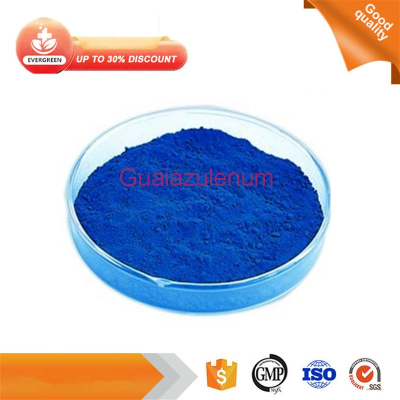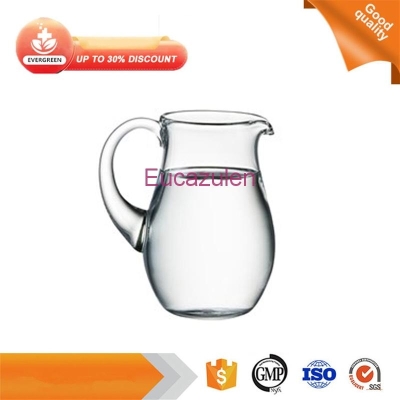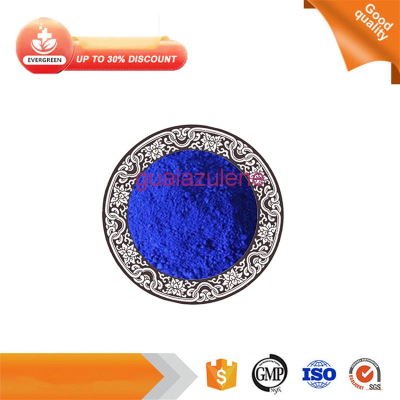-
Categories
-
Pharmaceutical Intermediates
-
Active Pharmaceutical Ingredients
-
Food Additives
- Industrial Coatings
- Agrochemicals
- Dyes and Pigments
- Surfactant
- Flavors and Fragrances
- Chemical Reagents
- Catalyst and Auxiliary
- Natural Products
- Inorganic Chemistry
-
Organic Chemistry
-
Biochemical Engineering
- Analytical Chemistry
- Cosmetic Ingredient
-
Pharmaceutical Intermediates
Promotion
ECHEMI Mall
Wholesale
Weekly Price
Exhibition
News
-
Trade Service
Introduction: Some common vaccines, such as measles, rubella, and diphtheria vaccines, provide almost 100% immunity to the body.
, however, the development of influenza vaccines often does not keep pace with the rapid mutation of influenza viruses, so their effectiveness has been changing.
, a new study published in the journal Science further explains why flu vaccines do not provide long-term protection.
2009 to 2019, flu vaccination rates in the United States ranged from 19 to 60 percent.
the vaccine's protective effect will soon diminish, and if you live in temperate areas, the vaccine you get in early autumn will disappear in late winter.
a new study explains this shortcoming: Researchers have found that a key cell type hidden in bone marrow quickly becomes active within a few months of vaccination.
but returned a year later to near pre-vaccination levels.
this change is caused by vaccine-induced loss of bone marrow plasma cells.
findings may guide new strategies to improve vaccine durability.
The study, published August 13 in the journal Science, entitled "Influenza vaccine-induced bone human marrow cells" to better study the persistence of vaccines, Rafi Ahmed, an immunologist at Emory University School of Medicine, studied a B cell present in the bone marrow, which Ahmed helped reveal in 1996: B cells can produce antibodies and attach to viruses to invalidate the virus.
, Ahmed focuses on a B cell called bone marrow plasma cell (BMPC), which continuously produces antibodies after infection or vaccination in the body.
B cells also produce antibodies in the same way, but they do not pump protective proteins steadily compared to BMPC.
, as the name suggests, memory B cells trained to recognize a particular virus will only function if they are re-exposed to the virus.
they do not produce high levels of antibodies until a few days after infection, a drawback of influenza, which can quickly cause disease.
surprised and skeptical, Ahmed's team discovered as early as 1996 that some BMSCs can survive for years, meaning that in theory they can give the body long-lasting immunity.
, however, does the flu vaccine trigger high levels of BMPC? Even so, can these cells live longer? This remains a mystery.
Ahmed and colleagues repeatedly tested 53 volunteers between the ages of 20 and 45 for bone marrow and blood in the weeks and months before and after the flu vaccine, some of whom experienced more than one flu season.
study was not interesting for the participants: removing fluid from the bone was a difficult and painful process that required a special needle to pierce the pelvis.
, " said Ahmed, the president of the United States. It's very difficult, I don't think anyone will ever try to do the same thing again.
Rappuoli, chief scientist at GlaxoSmithKline Vaccines, said he had not heard of any other studies to take bone marrow samples for vaccine research.
Rafi's work was great and groundbreaking," he said.
" researchers found spikes in flu-specific BMPC four weeks after vaccination.
but a year later, the new cells almost disappeared.
rappuoli and others were not particularly surprised.
The findings are a good follow-up to the rapid decline in antibody titration and the reduction in human protection observed after getting the flu vaccine," said Adam Wheatley, an immunologist at the University of Melbourne.
"It's a very good job."
Slifka, an immunologist at Oregon's National Primate Research Center, said the study "helped determine the prospect of poor durability of the flu vaccine."
worked with Ahmed 20 years ago, but was not involved in the work.
Slifka said: "They are drastic about understanding why the immune response is short-lived.
but Slifka believes that a small number of long-lived cells may be in the vaccine-stimulated BMPC population, which the study did not find.
that the way to increase their presence is to optimize the system so that the body as a whole produces more BMPC.
is to use adages as an additive to stimulate the vaccine, thereby enhancing the immune response.
, he said, could also help increase the amount of viral protein in the vaccine.
first flu vaccine developed in the 1940s used adages.
they contain the virus that kills them and mix them with an oil-packed water emulsion called a "Fuchs incomplete admixt."
but the adage causes ulcers at the injection site, so it is no longer used in later vaccines.
to further reduce adverse reactions, the researchers stopped injecting the entire inactivation virus, replacing it only with viral surface proteins.
resulting vaccine contains fewer viral proteins and no immune enhancers.
Slifka published an opinion piece last year setting out these views.
, he said, are widely used today with far fewer side effects, but at a high cost, "and we destroy immunogenicity and the durability of the response."
" but over the past 20 years, improved adages have entered the licensed vaccine.
Italy has been using an improved flu vaccine since 1997 that contains a water-packed oil adage that protects the fluid and makes it safer, and was approved by European and U.S. regulators in 2000 and 2015, respectively.
is unclear whether it can trigger a long-lasting BMPC.
absurdly, the most commonly used flu vaccines do not contain adages," said Ahmed, a police aide.
I hope that changes.
"







